Common Lehi Grove Water Heater Myths:
Unveiled & Debunked
As a Lehi homeowner, navigating through the world of water heaters can be daunting due to the abundance of myths surrounding them. However, we are here to provide you with a comprehensive guide that debunks these misconceptions. In this informative resource, we shed light on common water heater myths, allowing you to distinguish fact from fiction. By delving into this guide, you will not only acquire valuable insights but also uncover astonishing revelations about water heaters.

Myth #1: They last forever
Water heaters, despite common misconceptions, do not last indefinitely. Although they can endure for a number of years, their lifespan is influenced by various factors like usage, maintenance, and quality. Typically, water heaters have an average lifespan ranging from 8 to 12 years. It is crucial to understand that delaying the replacement of an old unit can lead to expensive repairs and the risk of water damage to your residence. To avoid these unfavorable circumstances, it is advisable to start considering replacement alternatives once your water heater approaches its anticipated lifespan.

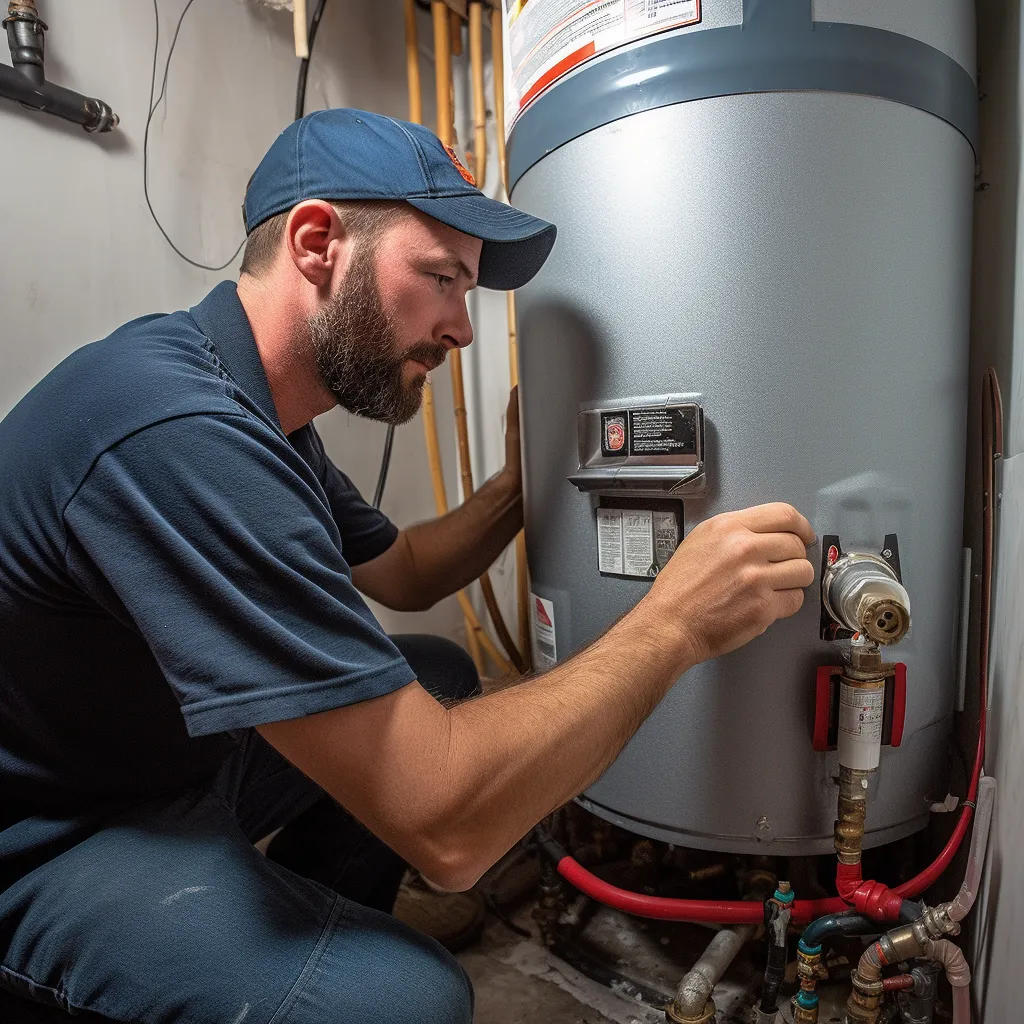
Myth #2: All water heaters are the same
Not all water heaters are created equal. Similar to other appliances, they vary in size, shape, color, and efficiency. When looking to buy a water heater, it's crucial to consider your hot water requirements, the speed at which you want hot water, and potential energy conservation. Choosing the appropriate water heater for your specific needs can result in significant savings on your energy expenses. Don't be deceived by the misconception that all water heaters are the same. Instead, make a knowledgeable choice that will ensure consistent hot water throughout the year and even help you save some money.
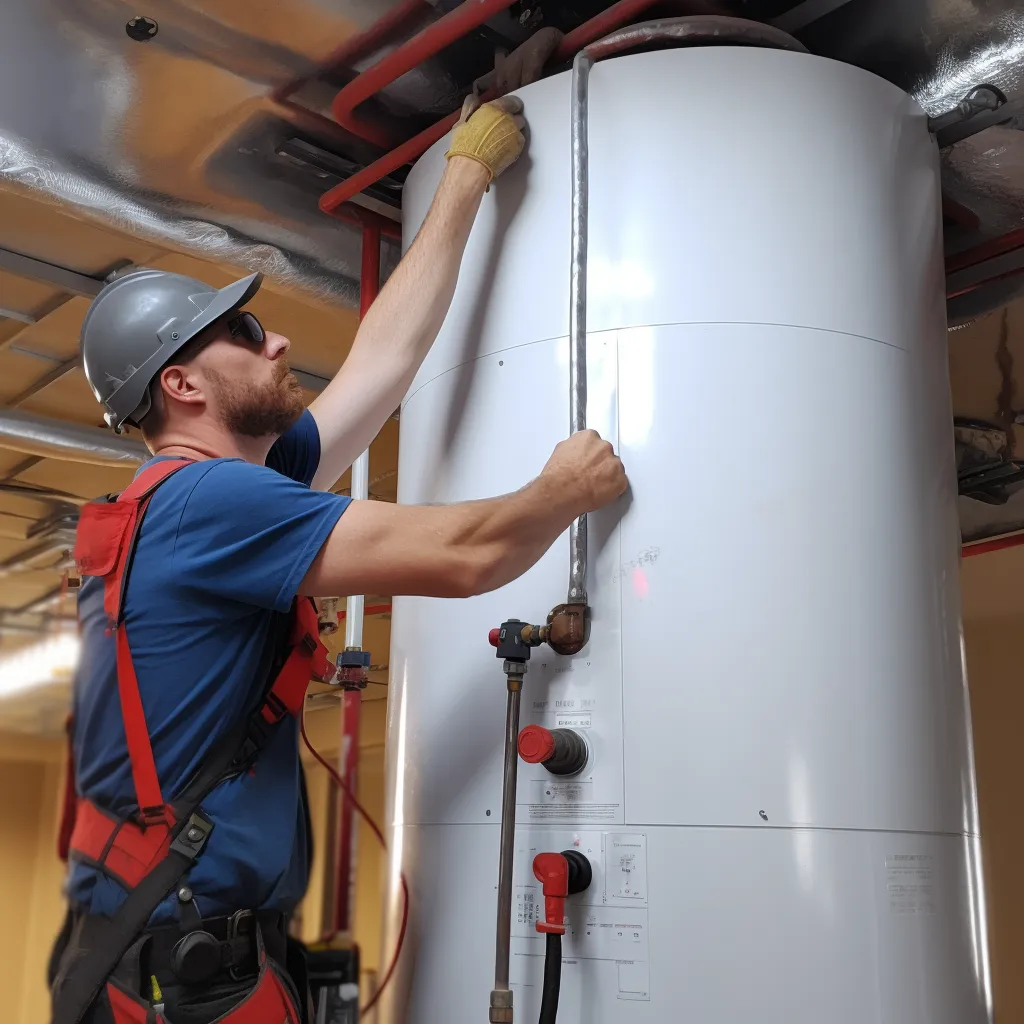
Myth #3: A bigger tank means more hot water
hen choosing a hot water tank, it is crucial to consider that size alone does not guarantee more hot water. While larger tanks have a greater capacity for water, they can also result in excessive energy consumption and inflated utility expenses, without necessarily delivering additional hot water. Therefore, it is vital to opt for a tank that caters to your household's specific hot water requirements, ensuring an ample supply without imposing unnecessary financial burdens.
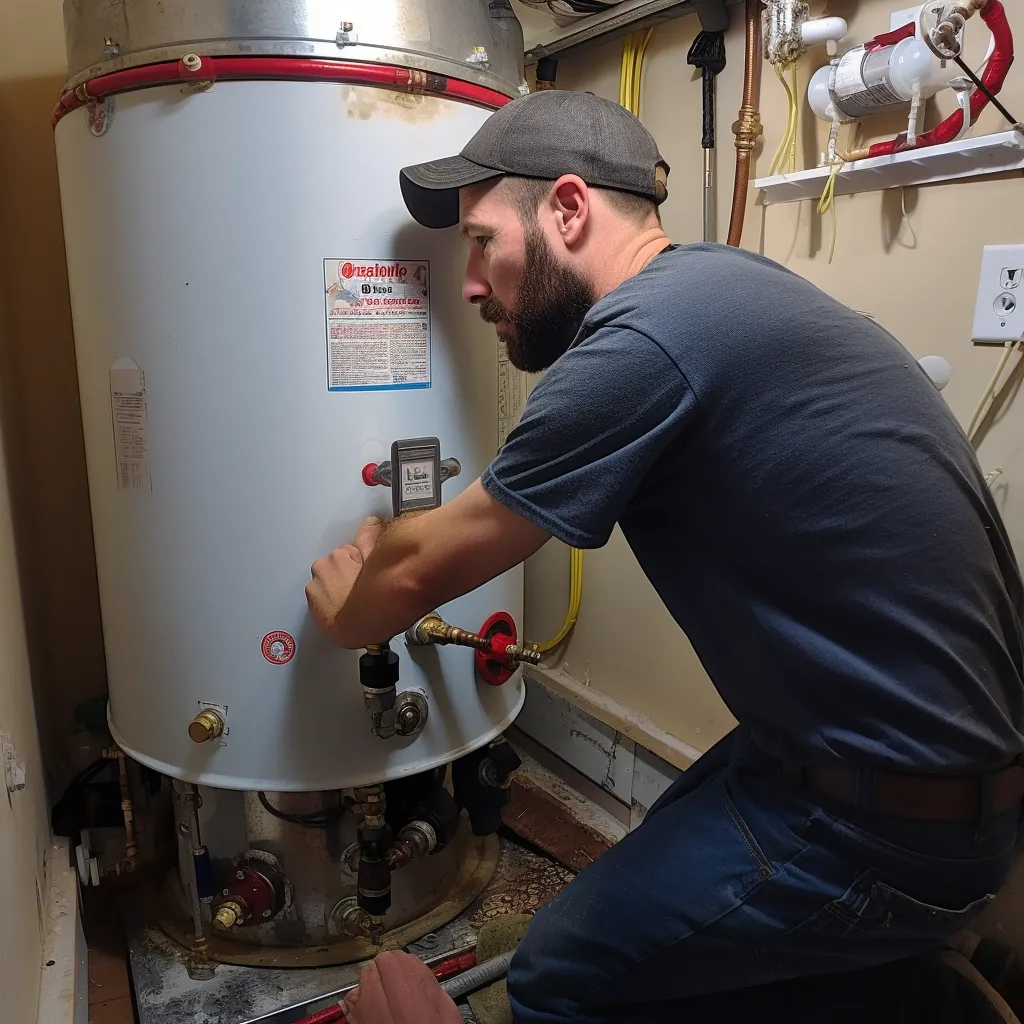
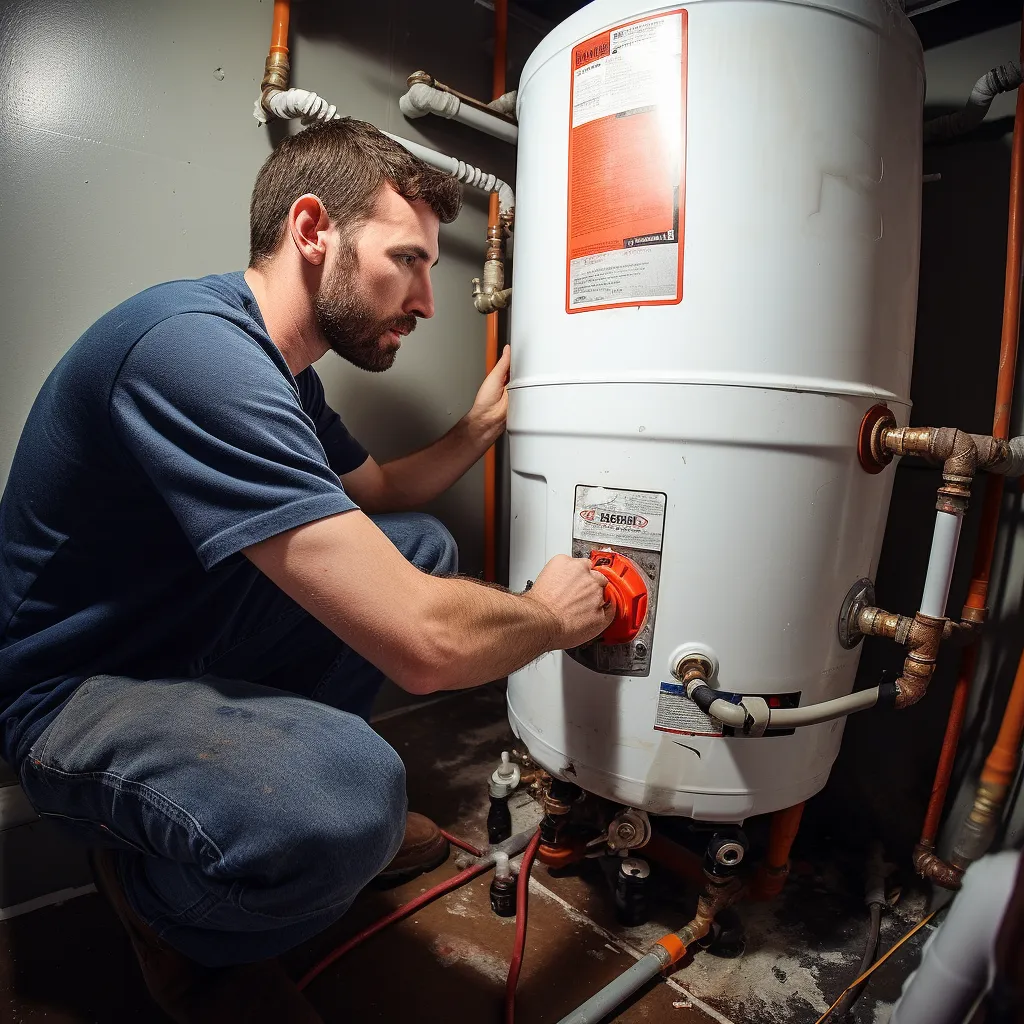
Myth #4: You can repair or replace a hot water heater yourself
If you're dealing with hot water heater problems, it is essential to take immediate action. However, trying to resolve the issue on your own may worsen the situation or pose a risk of personal harm. To ensure a successful resolution, it is strongly advised to enlist the assistance of skilled and knowledgeable water heater repair specialists. These professionals possess the expertise needed to tackle the problem efficiently. Seek the help of professional technicians for your hot water heater repair needs and address the issue effectively.
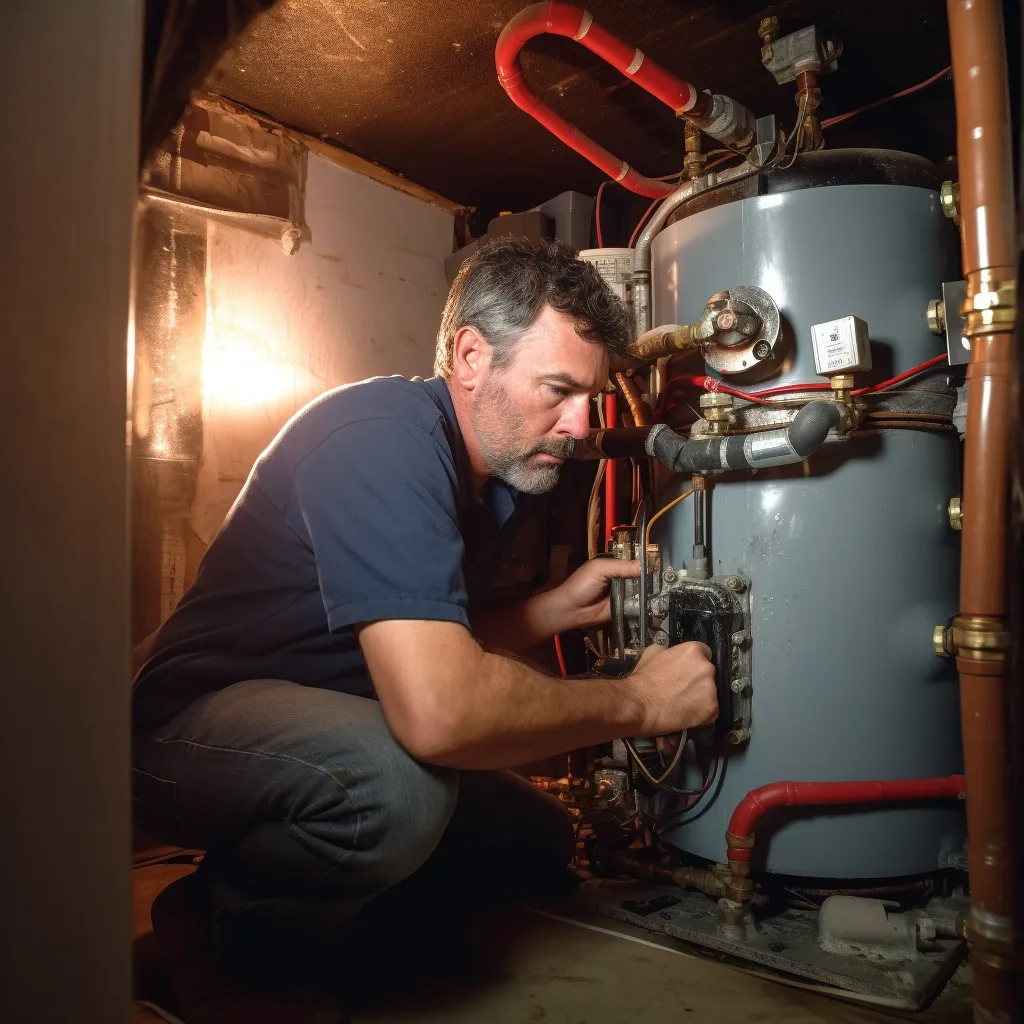
Myth #5: Your water heater doesn't need to be flushed
Regularly flushing your water heater is crucial for maintaining optimal performance and maximizing its lifespan. Many people mistakenly believe that neglecting this task won't have any adverse effects, but that's a myth. Failure to flush your water heater can lead to sediment buildup inside the tank, causing reduced efficiency and potential malfunctions. Fortunately, by implementing a routine flushing schedule, you can prevent sediment accumulation and guarantee the efficient operation of your water heater.
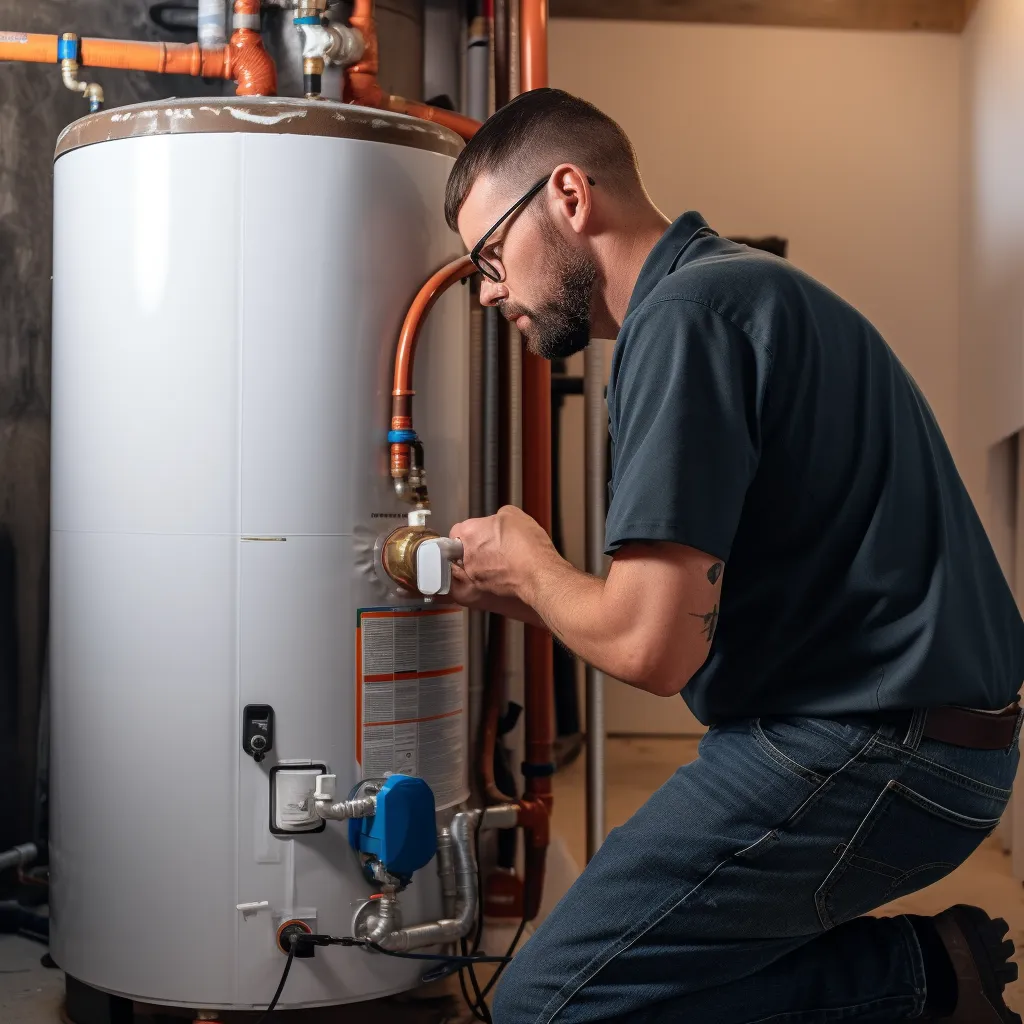
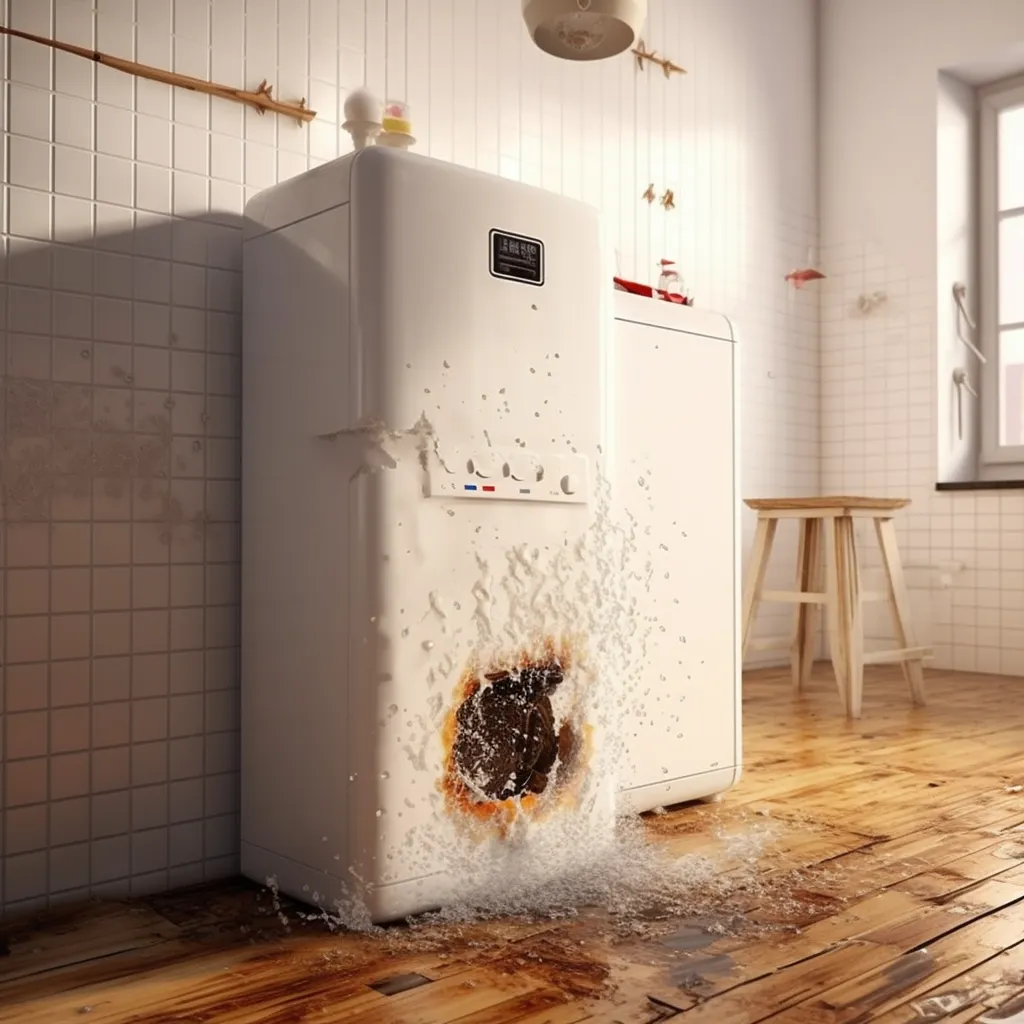
Myth #6: Keeping an outdated water heater saves money
Retaining an obsolete hot water heater in hopes of saving money is a common misconception, as it can result in higher energy costs. Outdated heaters are typically less efficient and more prone to expensive repairs, leading to a gradual accumulation of expenses. On the other hand, opting to replace your antiquated hot water heater with a dependable and energy-efficient model is a prudent decision.
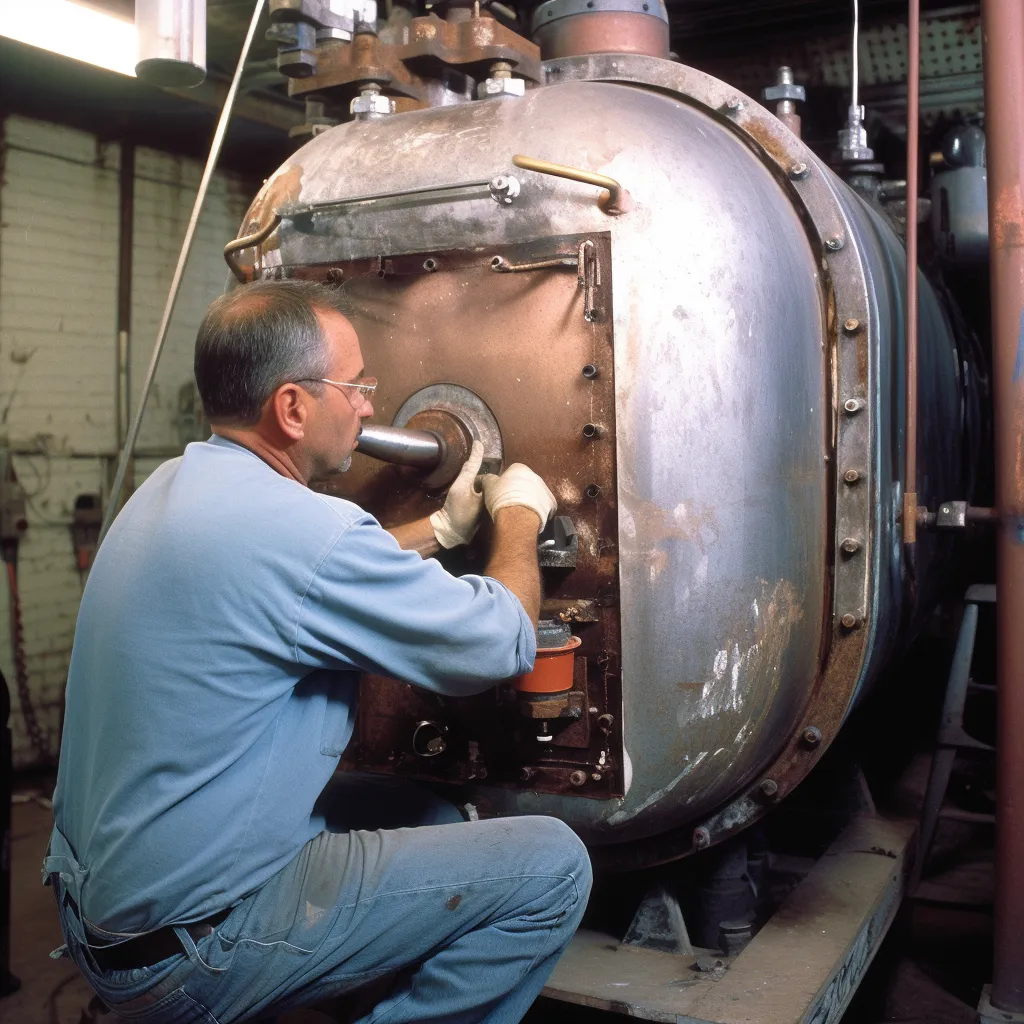
Myth #7: A bigger water tank is more energy efficient
Contrary to common misconceptions, selecting a larger water tank does not automatically guarantee improved efficiency or energy savings. On the contrary, an inadequately maintained or poorly insulated larger tank can actually demand more energy for heating water, resulting in elevated energy expenses. Therefore, it is crucial to carefully choose a water tank that suits your specific requirements in order to optimize energy consumption. Opting for a larger tank when only a limited quantity of hot water is needed on a daily basis can lead to inefficiency and unnecessary energy usage.
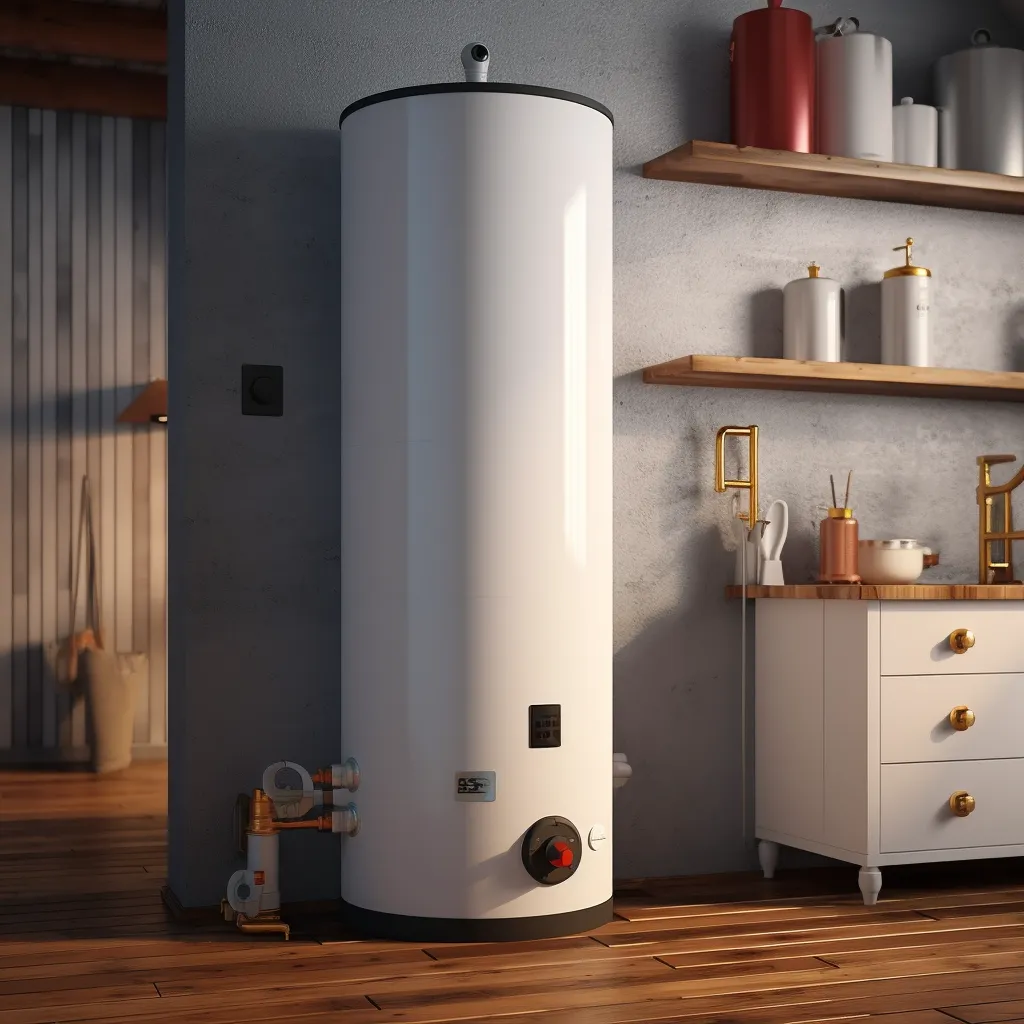
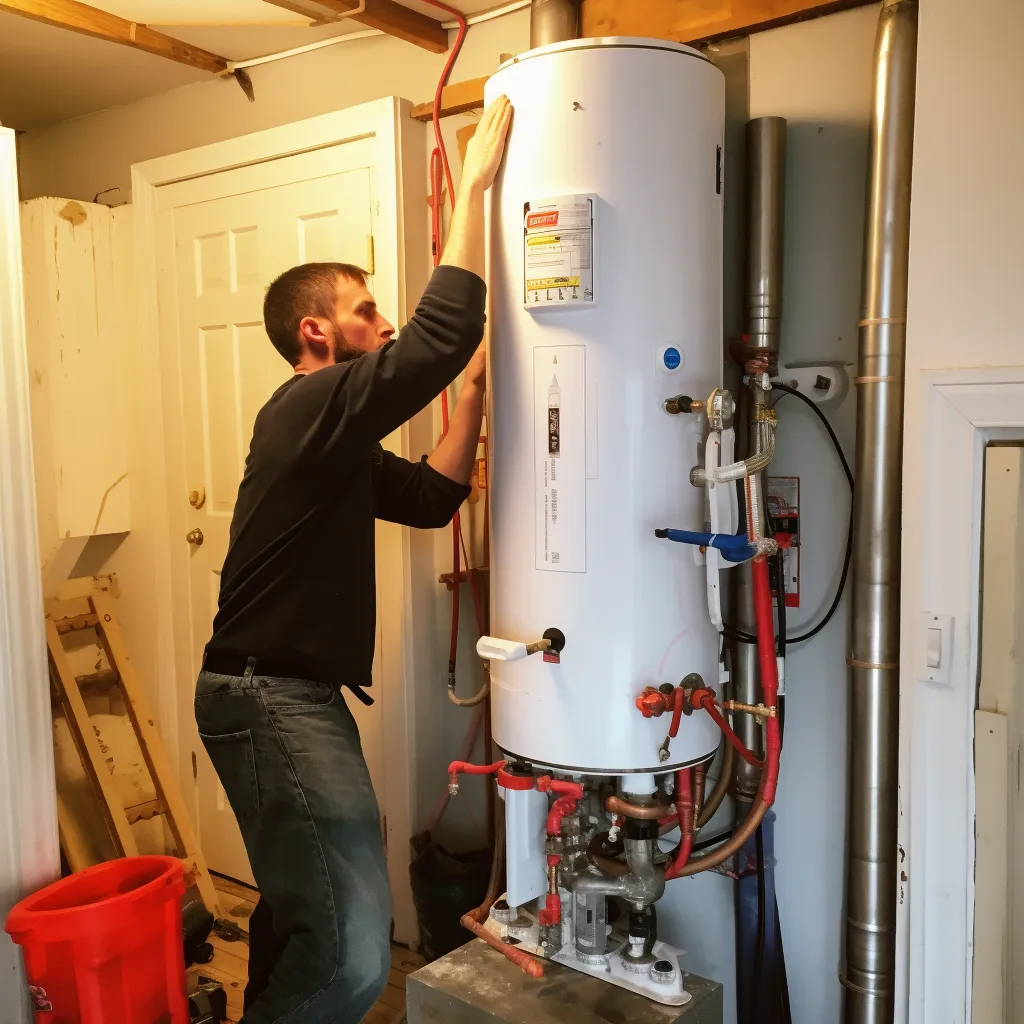
Myth # 8: Cranking up the water temperature is a good idea
While it may be tempting to raise the temperature of your water heater for immediate results, it's crucial to proceed with care due to potential drawbacks. Safety should be a primary concern, especially regarding the potential for scalding and severe burns, which is particularly true for vulnerable individuals such as children and older adults. Furthermore, elevated water temperatures can cause the accumulation of minerals within your pipes and appliances, leading to expensive repairs or the need for replacements.
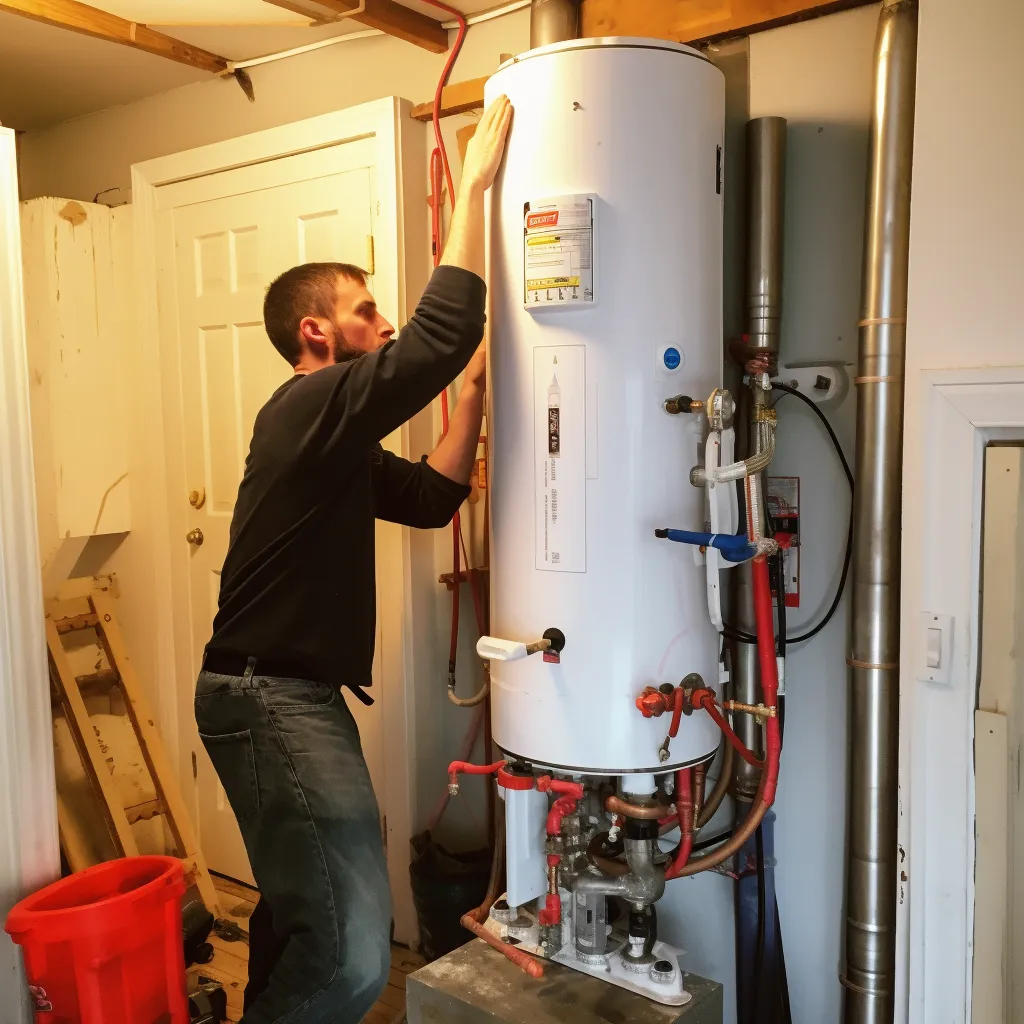
Myth #9: Setting your water heater to the highest temperature
is the way to go
Setting your water heater to the highest temperature is a widely misunderstood and ineffective method for obtaining hot water promptly. This misconception not only results in energy wastage but also poses a significant safety hazard by elevating the risk of severe burns. To strike a balance between safety and functionality, it is recommended that most households maintain their water heater at approximately 120 degrees Fahrenheit. This temperature is sufficient to meet daily hot water requirements while prioritizing safety.
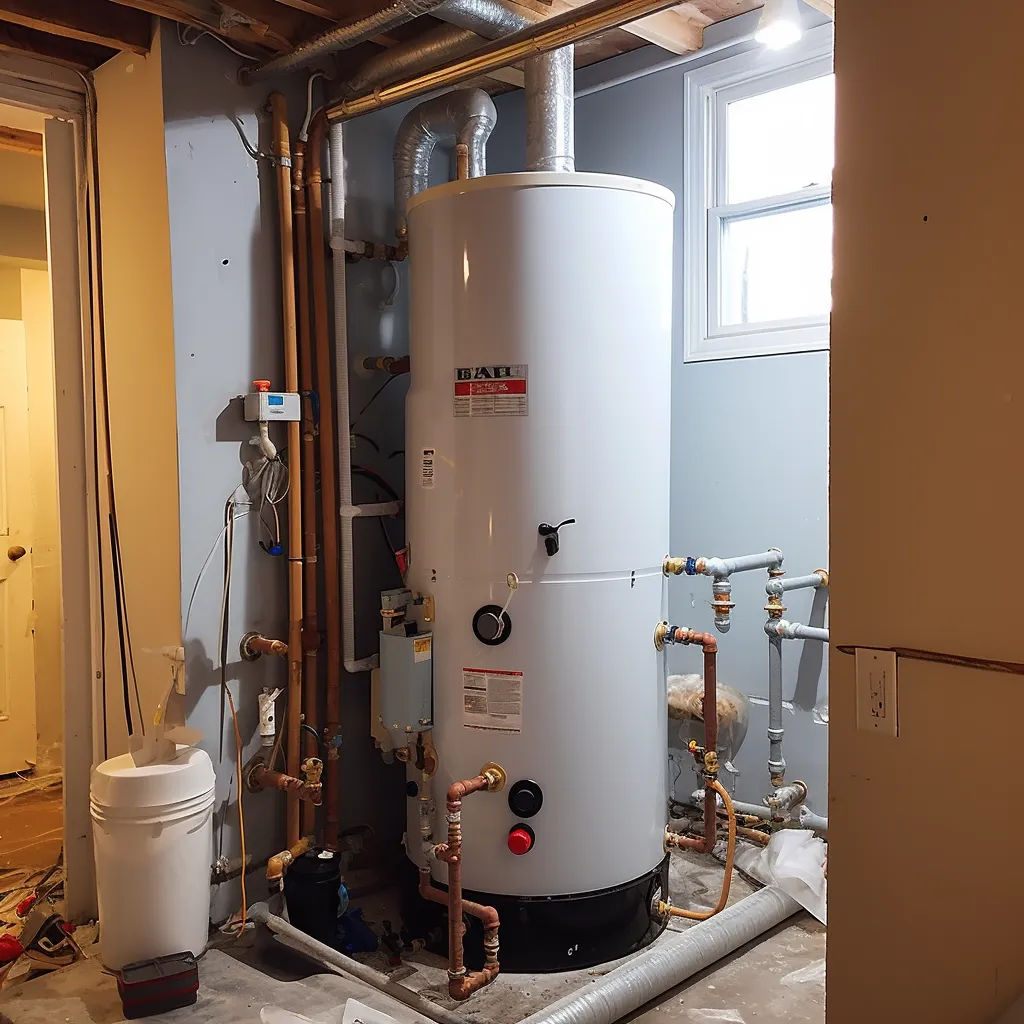
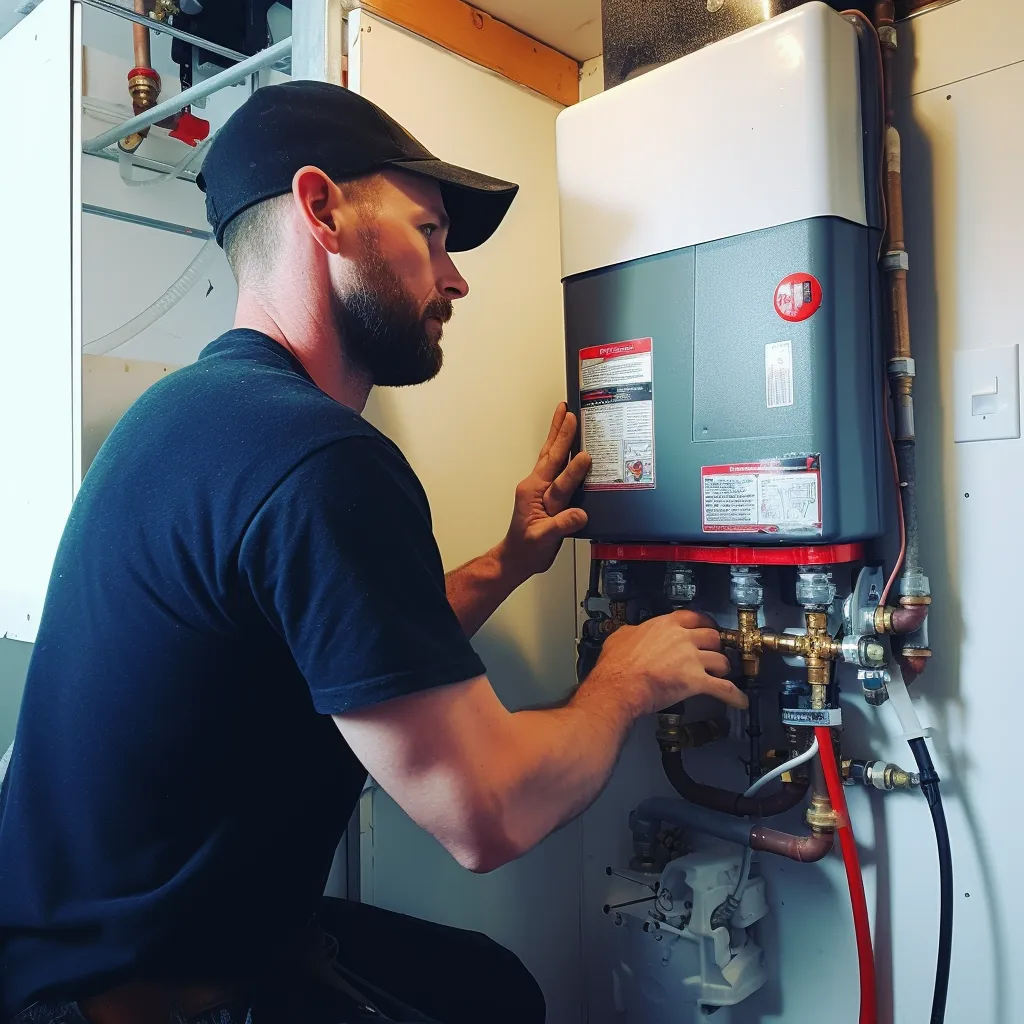
Myth #10: Your water heater wastes energy
Water heaters have undergone remarkable advancements in terms of energy efficiency when compared to older models. One notable example is the introduction of tankless water heaters, which utilize modern technologies to provide a more energy-efficient solution. Unlike traditional water heaters that constantly maintain heat in a tank, tankless water heaters heat water on-demand, reducing energy consumption. Additionally, these advanced models incorporate features like insulation and timers, which not only prevent heat loss but also optimize energy usage. These innovations contribute to a more eco-friendly and cost-effective approach to heating water.
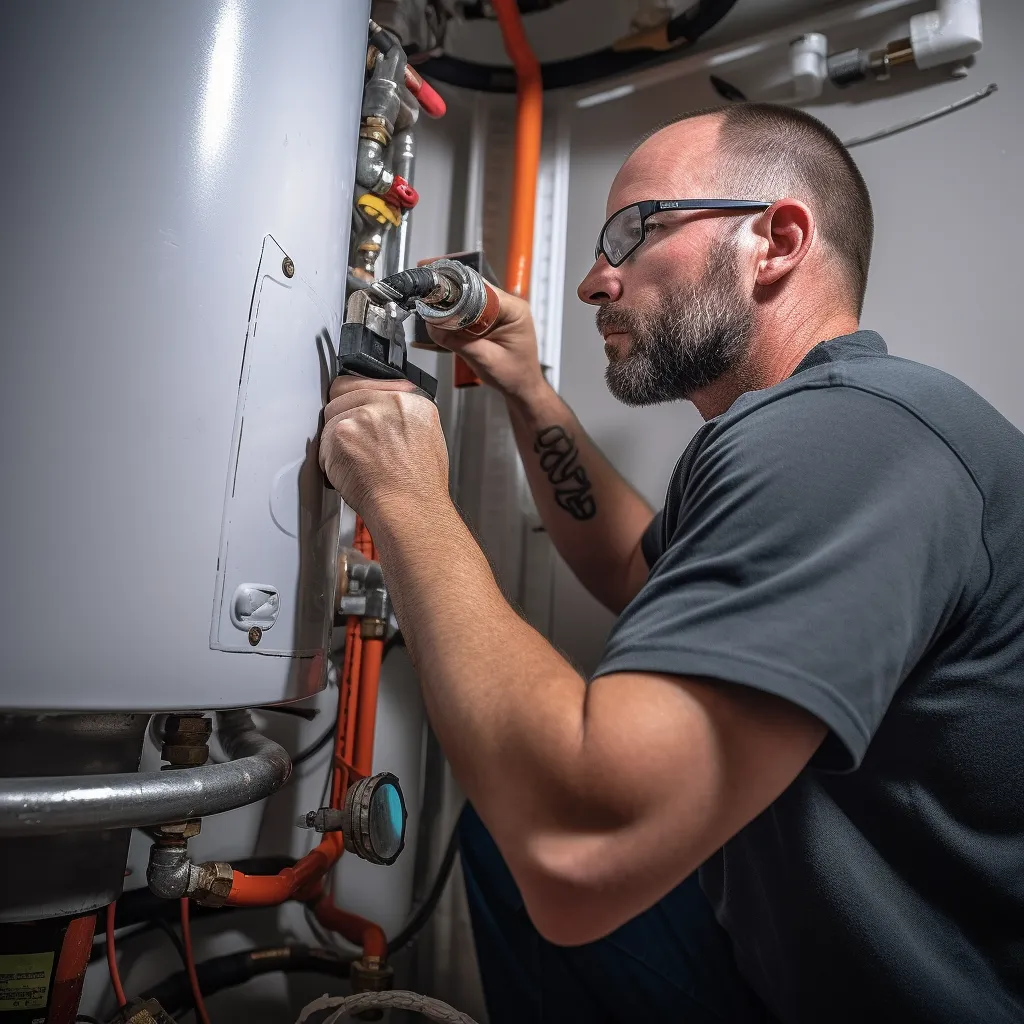
Myth #11: You don't need to regularly maintain
a water heater
Regular maintenance is crucial for optimal performance of water heaters. Failure to perform routine upkeep can result in reduced efficiency, expensive repairs, or even the necessity of replacing the unit altogether. To maintain the smooth operation of your water heater, it is essential to periodically inspect the pressure relief valve, flush the tank to eliminate sediment accumulation, and verify the proper functioning of the thermostat.
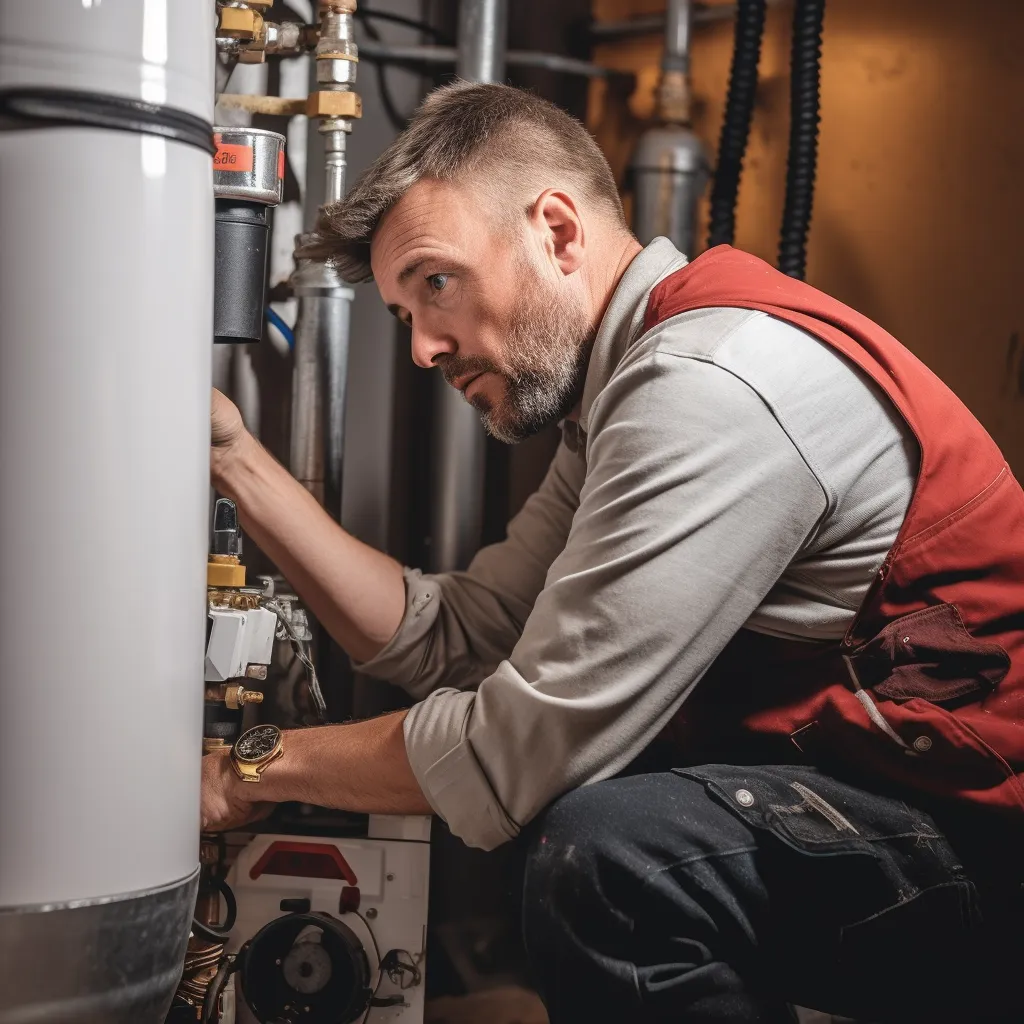
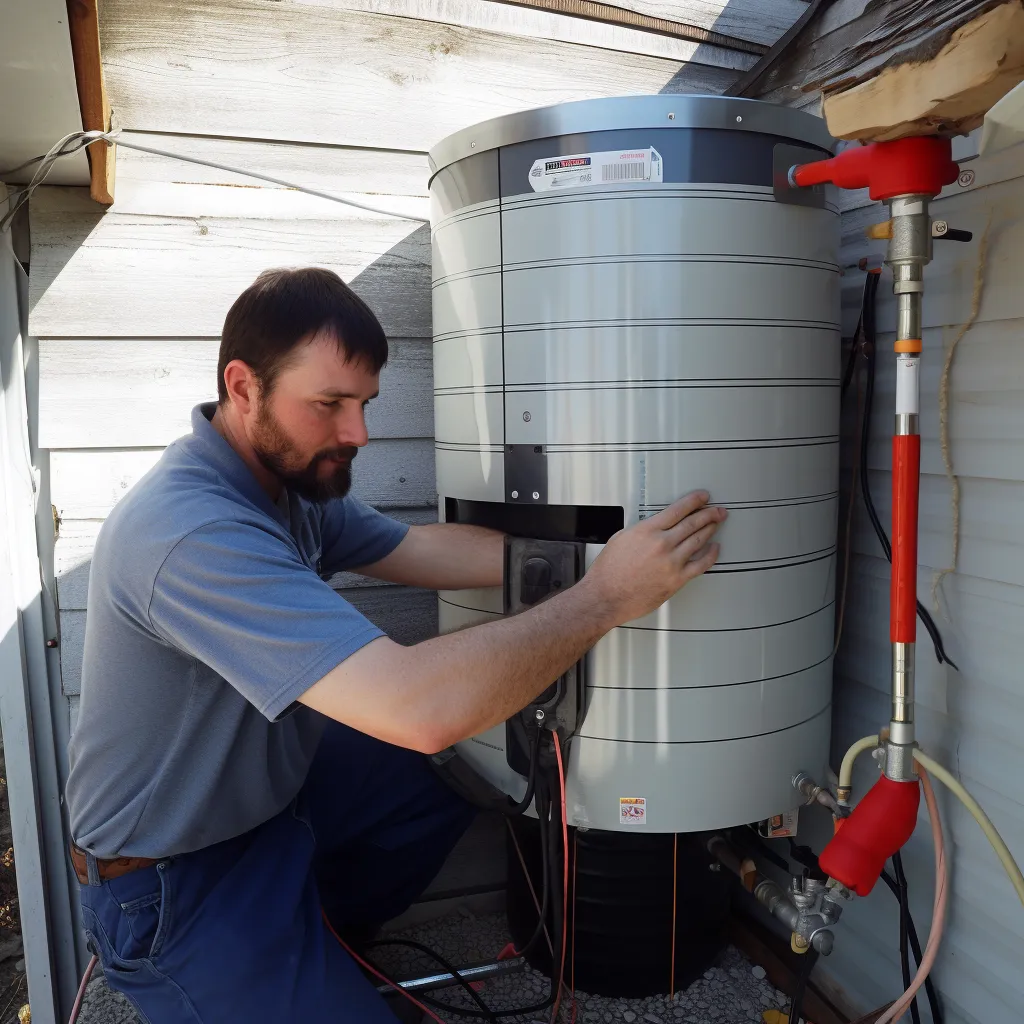
Myth #12: You can use any type of water heater in the home
When selecting a water heater for your residence, it is crucial to take into account various factors such as your family size, the number of fixtures in your home, and your financial plan. It is a common misconception that any water heater will meet your needs, but in reality, different types of water heaters, including tankless ones, have specific requirements. To make certain that you choose the most appropriate and economical choice, it is recommended to seek guidance from a professional who can evaluate your individual requirements. By consulting with an expert, you can make an informed decision and find a water heater that perfectly suits your home.
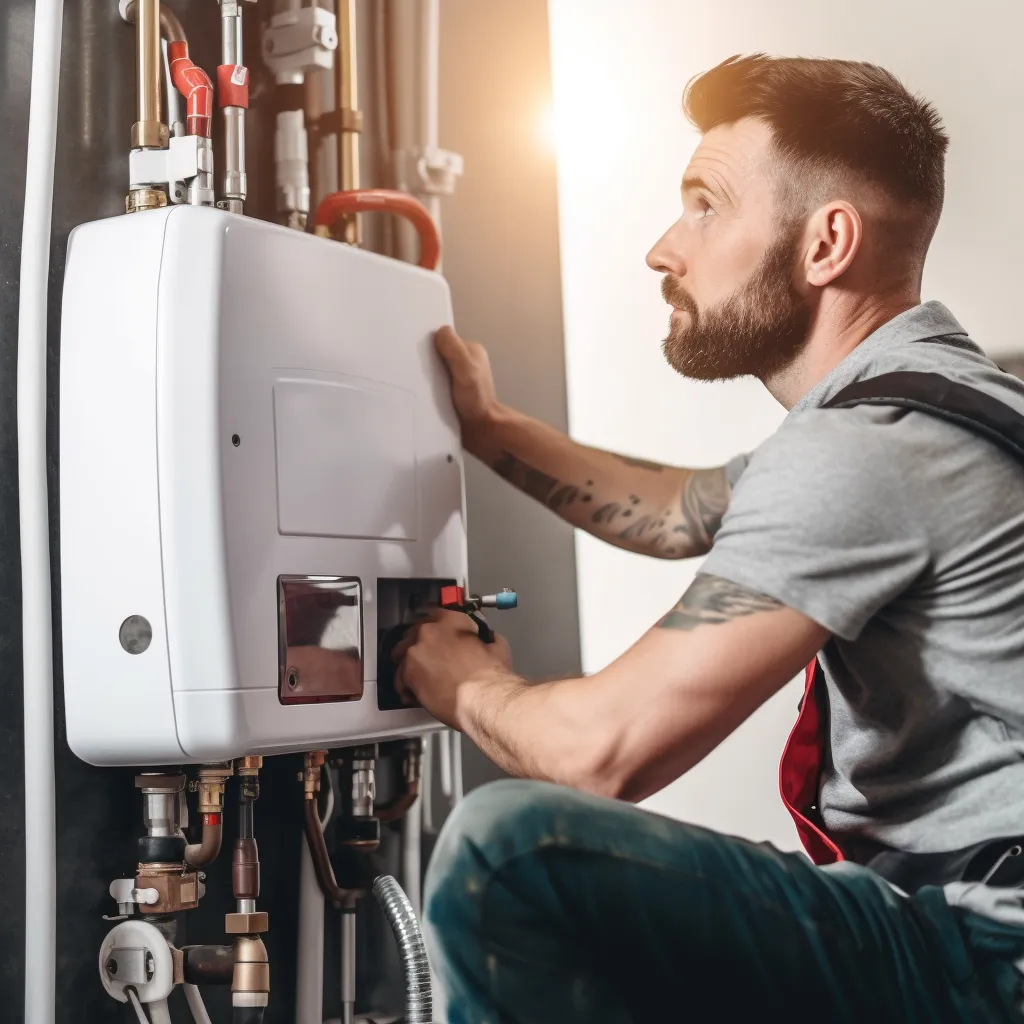
Myth #13: Hard water damages your water heater
While water heater manufacturers ensure their products are built to endure the effects of hard water, it's crucial to acknowledge that hard water can still have detrimental effects on your water heater as time passes. The minerals found in hard water, including calcium and magnesium, tend to accumulate within the water heater tank and on heating elements. This accumulation can result in decreased efficiency and potential damage. To combat excessive mineral buildup, it is imperative to perform routine maintenance tasks such as tank flushing and descaling. These measures are essential in preserving the optimal functionality of your water heater.
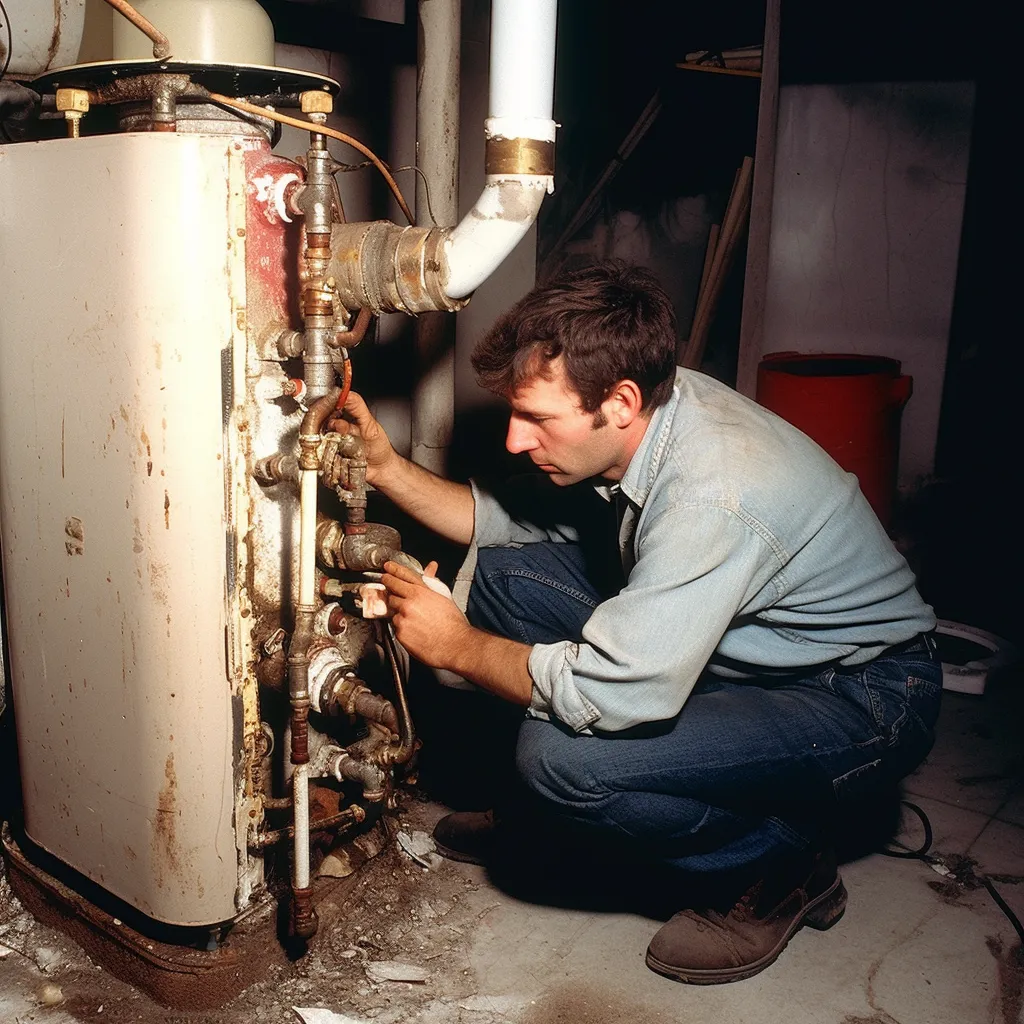
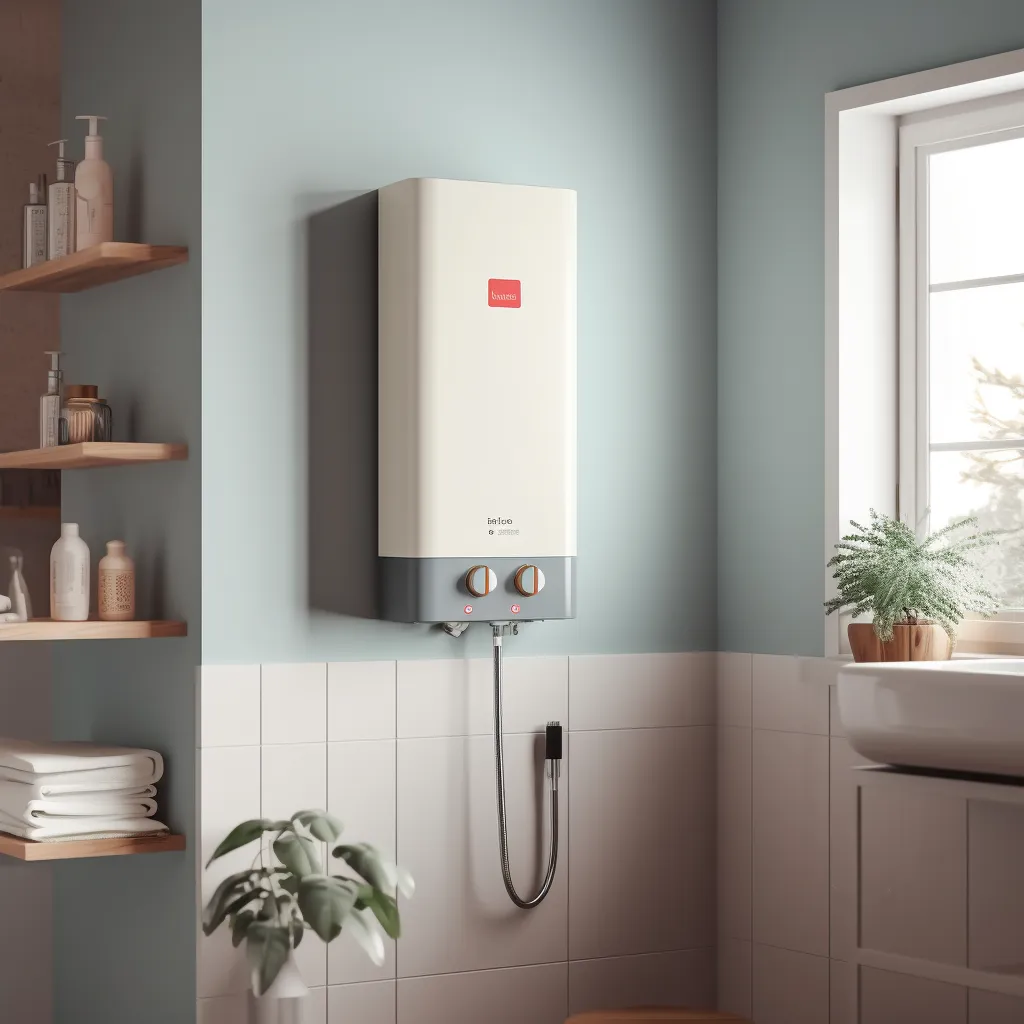
Myth #14: Tankless water heaters are more costly
Tankless water heaters may have a higher initial cost when compared to traditional storage tank water heaters. Nonetheless, their long-term benefits in terms of energy efficiency and cost effectiveness make them a valuable investment. Unlike conventional heaters that continuously heat and store water, tankless heaters operate by heating water only when needed. This approach significantly reduces energy wastage and leads to lower monthly utility expenses.
Contact Us
GET IN FULL TOUCH
PHONE: (801) 877-1421
EMAIL:
nathan@waterheaterlehi.com
Solutions Home Services
74 W 1625 S, Lehi, UT 84043
